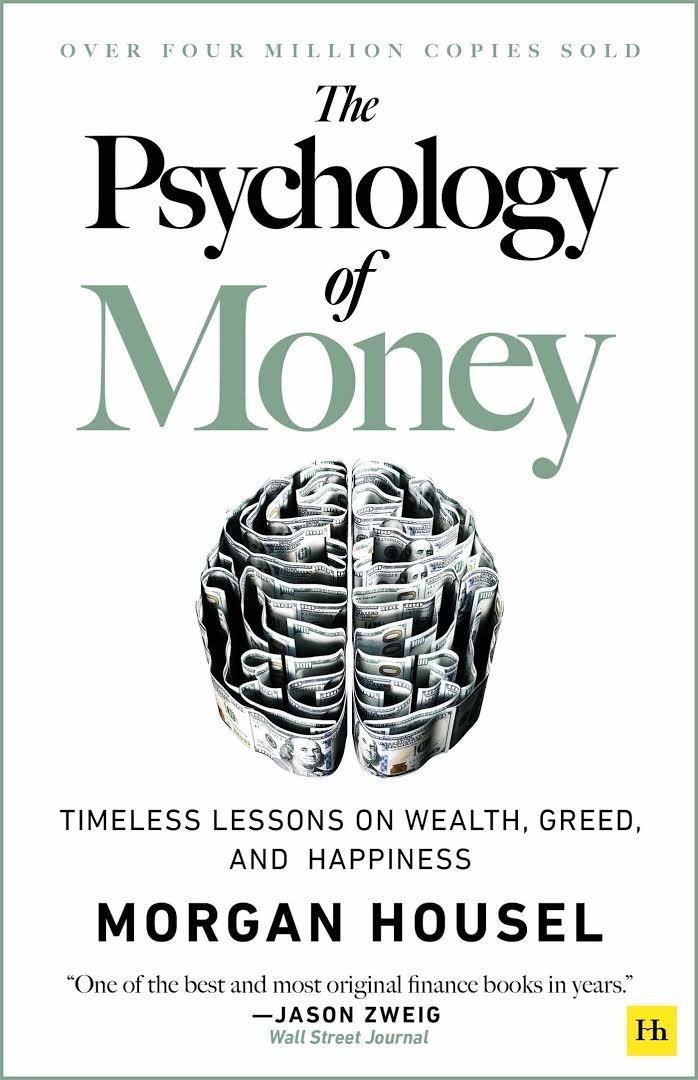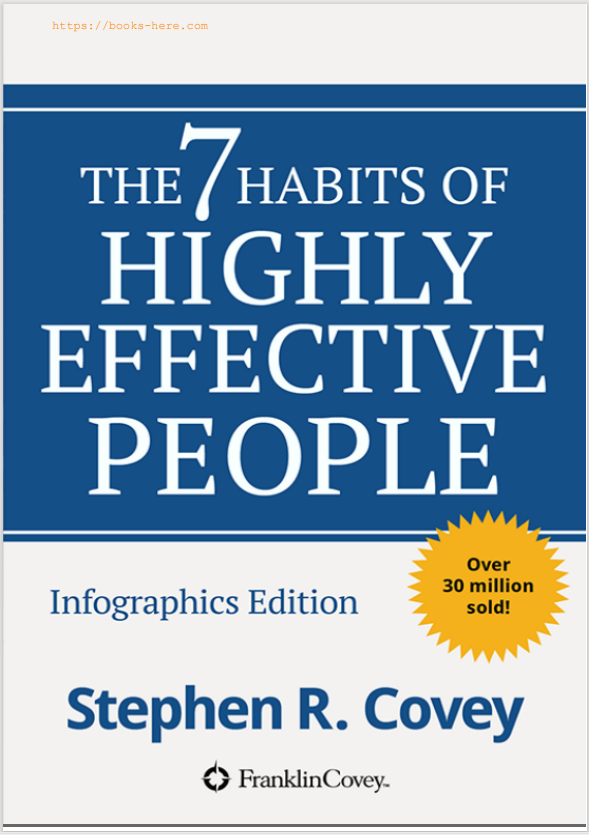
The Psychology of Money by Morgan Housel
Private Book Reader
Access your private PDF books securely. Upload and enjoy reading your personal collection anytime.
Read Your Private BookReviews
No review yet. Be the first to review this book!
Description
"The Psychology of Money" is a book by Morgan Housel, published in 2020. It delves into the psychological aspects of personal finance and investment decisions, exploring how emotions, biases, and behaviors influence financial outcomes. Here's an overview of the book: Title: The Psychology of Money Author: Morgan Housel Publication Year: 2020 Summary: 1. Introduction: Housel introduces readers to the concept of the psychology of money, highlighting the importance of understanding human behavior in financial decision-making. He argues that financial success is not solely determined by knowledge of economics or investment strategies, but also by an understanding of human psychology. 2. The Power of Compounding: The book explores the concept of compounding and its profound impact on wealth accumulation over time. Housel discusses how small, consistent actions, such as saving and investing, can lead to significant financial growth through the power of compounding. 3. The Role of Luck: Housel examines the role of luck in financial success, emphasizing that while luck plays a significant role in individual outcomes, it is often overlooked or attributed to skill. He discusses how acknowledging the role of luck can lead to greater humility, gratitude, and perspective in financial decision-making. 4. The Importance of Behavior: The book emphasizes the importance of behavior in financial success, arguing that behavior, rather than intelligence or knowledge, is the primary determinant of long-term financial outcomes. Housel discusses common behavioral biases and pitfalls that can hinder financial progress, and offers strategies for overcoming them. 5. The Power of Stories: Housel explores the role of storytelling in shaping financial beliefs and behaviors. He discusses how personal experiences, cultural narratives, and media portrayals influence our perceptions of money and risk, and how understanding the power of stories can help individuals make more informed financial decisions. 6. The Value of Adaptability: The book discusses the importance of adaptability and flexibility in navigating financial uncertainty and change. Housel argues that being open-minded, resilient, and willing to learn from failure are essential qualities for achieving long-term financial success. 7. Living a Rich Life: "The Psychology of Money" concludes with a discussion of what it means to live a rich life beyond financial wealth. Housel emphasizes the importance of prioritizing relationships, experiences, and personal fulfillment over material possessions, and how cultivating a sense of gratitude and contentment can lead to true wealth and happiness. Overall, "The Psychology of Money" offers valuable insights into the psychological aspects of personal finance and investment. Through its engaging storytelling and practical wisdom, the book empowers readers to make more informed, mindful, and meaningful financial decisions that align with their values and goals.
























.jpg)
.jpg)

.jpg)



.jpg)









.jpeg)


.jpeg)










.png)


.jpeg)
.jpg)

.jpg)






.jpeg)





.jpg)

.jpeg)

.jpg)











.jpg)
.jpg)
.jpg)
.jpg)
.jpg)
.jpg)
.jpg)
.jpg)
.jpg)
.jpg)
.jpg)
.jpg)
.jpg)
.jpg)
.jpg)
.jpg)
.jpg)
.jpg)
.jpg)
.jpg)
.jpg)
.png)
.jpg)
.jpg)
.jpg)
.jpg)
.jpg)

